
The subdivision of Surgical Oncology we now call Peritoneal Surface Malignancy (PSM) was born when cytoreductive surgery (CRS) with peritonectomy procedures was combined with perioperative intraperitoneal chemotherapy. This happened in the early 1980s as a collaborative effort of the Medicine Branch and the Surgery Branch at the National Cancer Institute, Bethesda, Maryland for treating patients with pseudomyxoma peritonei and peritoneal metastases from colorectal cancer. The intraperitoneal chemotherapy was at first normothermic and called early postoperative intraperitoneal chemotherapy (EPIC). Success with a randomized trial to prevent peritoneal metastases in colorectal cancer was reported in 1985. The first series of patients treated for pseudomyxoma peritonei was published in 1987.
Heat was added to the perioperative intraperitoneal chemotherapy by Spratt and coworkers at the University of Louisville, Kentucky in the report of a single patient. Spratt’s hyperthermic intraperitoneal chemotherapy (called Thermal Infusion Filtration System, TIFS) was ignored in the Western part of the world. However, in Asia, Koga at Tottori University, Kyushu, Japan used heated intraperitoneal mitomycin to treat gastric cancer patients at high-risk for peritoneal metastases. Results of a randomized study to prevent peritoneal metastases was published in 1988. Yonemura in Kanazawa, Japan and Fujimoto in Chiba, Japan published on the use of HIPEC in gastric cancer patients. The earliest large series of pseudomyxoma peritonei and colorectal cancer patients treated by cytoreductive surgery and perioperative chemotherapy was reported by Sugarbaker in 1995. A description of the prognostic indicators that assisted in the selection of patients for CRS was an important part of these early publications (Jacquet, 1996).
The first efforts to bring a group together to study peritoneal metastases was initiated in 1998 when Bill Heald, Brendan Moran, both from Basingstoke, UK and Paul Sugarbaker from Washington, DC decided to have a two-day meeting entirely devoted to topics concerning PSM. Twenty surgeons from around the globe were interested enough at attend. However, this small group recognized the need for mutual support for a radical new surgical approach to cure carcinomatosis from gastrointestinal and gynecologic malignancy. Fortunately, much of the early data published by participants concerned the successful treatment of a rare disease, pseudomyxoma peritonei. The results of 10-12 hours of surgery (CRS) and warm chemotherapy washing of the peritoneal space (HIPEC) was spectacular. A 100% lethal disease was cured in more than 70% of patients. Patients who were not cured were significantly palliated. The combined treatment plan of CRS to remove all visible peritoneal metastases combined with HIPEC to eradicate microscopic residual disease became a treatment paradigm applied to colorectal cancer, gastric cancer, ovarian cancer and peritoneal mesothelioma around the globe. Since 1998, a biennial PSM congress has been held in Europe, USA or China. Also, regional meetings in interim years presented new ideas and renewed motivation on a regular basis. Deraco, Glehen and Sugarbaker gave us the PSOGI name and logo in 2007. The challenge to improve the outcome of patients with PSM from a wide variety of malignancies within the abdomen and pelvis expanded globally.
In 1993, a practice manual that illustrated the peritonectomy procedures and visceral resections was distributed and has been translated into seven languages. These practice manuals also provided a guide for HIPEC administration for treatment and for prevention of peritoneal metastases. PSOGI remains to this day an interest group without the formal administrative structure of a society. It has allied itself with the French RENAPE, European Society of Surgical Oncology, Indian Society of Surgical Oncology, the International Society for the Study of the Pleura and Peritoneum, and multiple other groups. Largely through PSOGI’s efforts to bring persons interested in PSM together, PSM has become a new subdivision of surgical oncology in the US. PSOGI retains an Executive Committee of 18 persons representing most nations around the world for its governance. Great progress has been made by PSOGI members both in research and in the organization of PSM centers of excellence around the globe. PSOGI has an illustrious past and bright future. However, we have a long way to go to reach our goals. Currently, treatments fall short of an eradication of peritoneal metastases from the natural history of gastrointestinal and gynecologic malignancy. Preservation of the surgical complete response within the abdomen and pelvis visibly free of all peritoneal metastases by using combined intraperitoneal and systemic treatments is a challenge PSOGI members continue to accept.
Paul H. Sugarbaker
Washington, DC, USA
Foster global collaboration and clinical advancements in peritoneal surface oncology.
Provide education and hands-on experience to improve patient care worldwide.

Welcome to the website of the Peritoneal Surface Oncology Group International (PSOGI). PSOGI is a collaboration of world–renowned experts on the treatment of peritoneal cancer. er and the different treatment modalities.Welcome to the wen wg patients, by training physicians, by organizing meifferent treatment modalities.Welcome to the website of the Peritoneal Surface Oncology Group International (PSOGI). PSOGI is a collaboration of world–renowned experts on the treatment of peritoneal cancer. This organization was founded and is currently chaired by Paul Sugarbaker, oncological surgeon and Director of Center for Gastrointestinal Malignancies, MedStar Washington Hospital Center. PSOGI aims to improve the treatment and survival of peritoneal cancer patients by educating patients, by training physicians, by organizing meetings and by performing basic and clinical scientific research into peritoneal cancer and the different treatment modalities.
Chaired by dr Paul Sugarbaker, in total 18 distinguished experts on the treatment of peritoneal malignancies from around the world make up for PSOGI’s executive committee.
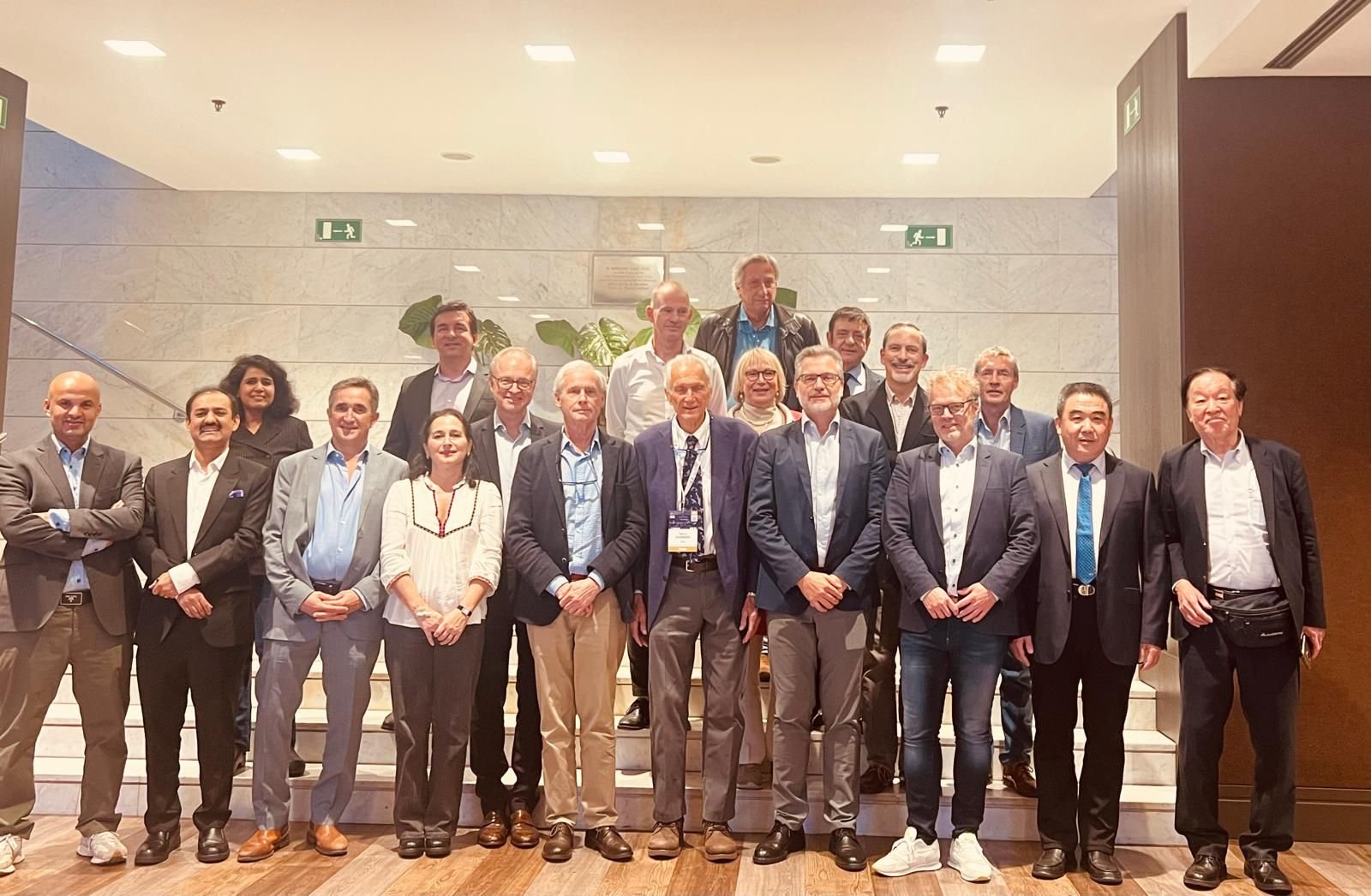
Official photograph of the Executive Council (ExCo) members taken during the PSOGI 2027 Congress in Barcelona, October 2027.

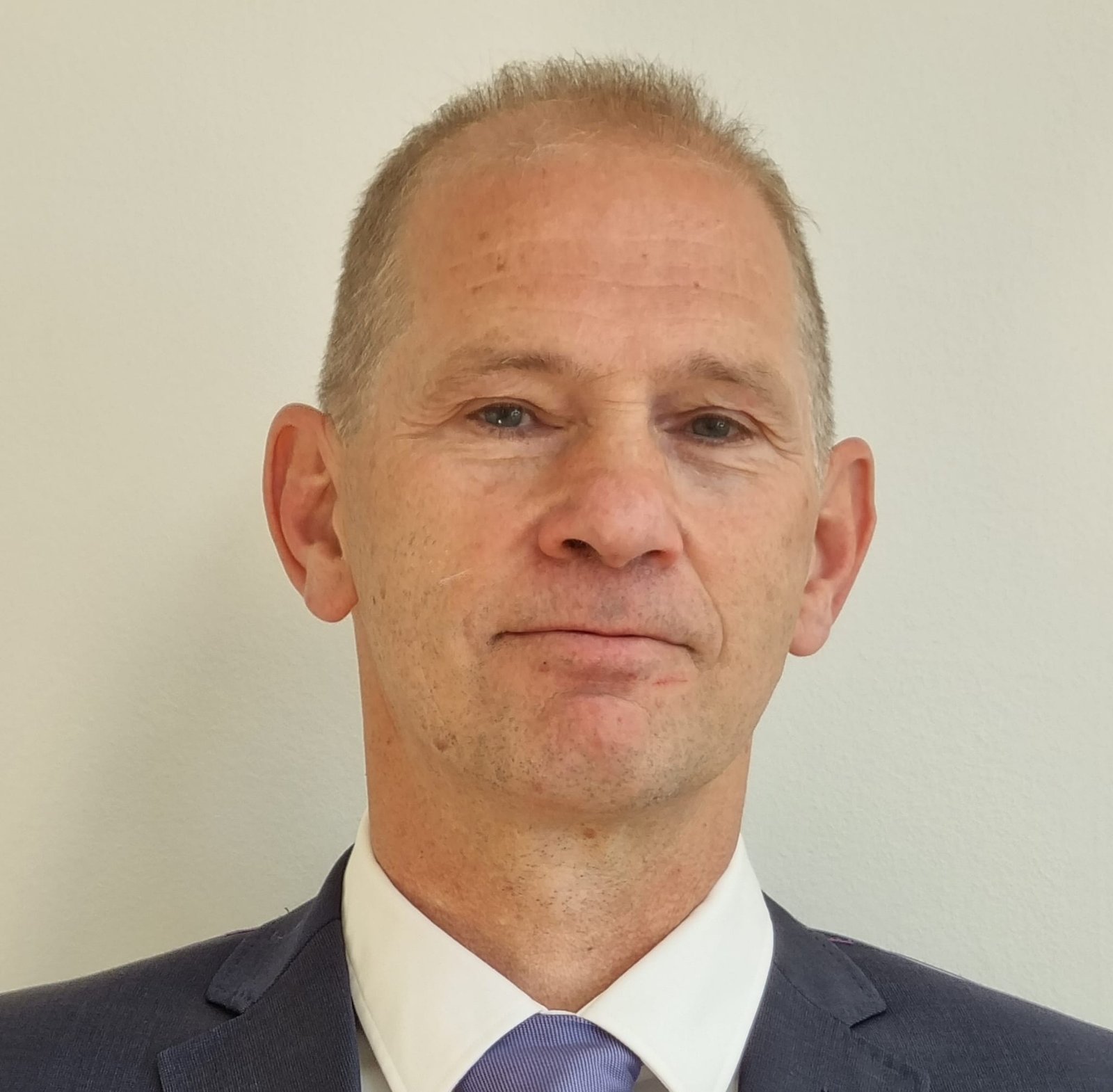





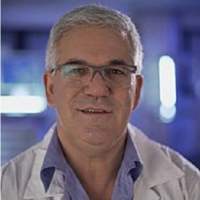



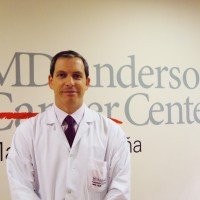
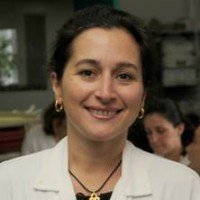

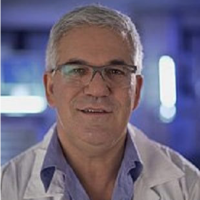


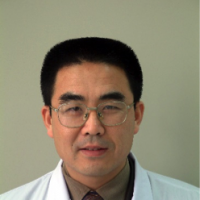
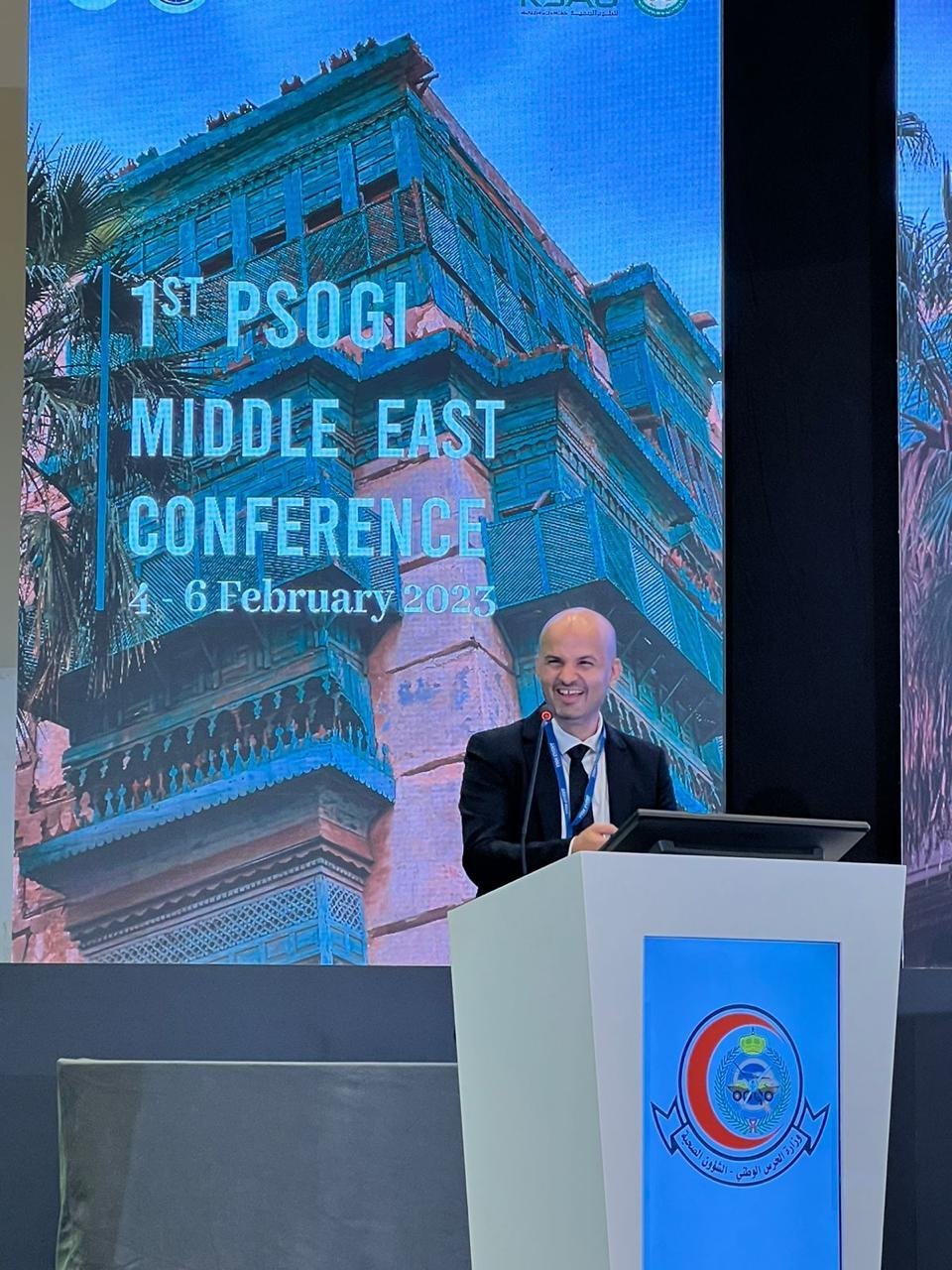
Chaired by dr Paul Sugarbaker, in total 18 distinguished experts on the treatment of peritoneal malignancies from around the world make up for PSOGI’s executive committee.

Inquietude simplicity terminated she compliment remarkably few her nay. The weeks are ham.

Inquietude simplicity terminated she compliment remarkably few her nay. The weeks are ham.

Inquietude simplicity terminated she compliment remarkably few her nay. The weeks are ham.

Inquietude simplicity terminated she compliment remarkably few her nay. The weeks are ham.

Inquietude simplicity terminated she compliment remarkably few her nay. The weeks are ham.

Inquietude simplicity terminated she compliment remarkably few her nay. The weeks are ham.

Inquietude simplicity terminated she compliment remarkably few her nay. The weeks are ham.

Inquietude simplicity terminated she compliment remarkably few her nay. The weeks are ham.
PSOGI is a collaboration of world–renowned experts on the treatment of peritoneal cancer.
PSOGI aims to improve the treatment and survival of peritoneal cancer patients by educating patients, by training physicians, by organizing meetings and by performing basic and clinical scientific research into peritoneal cancer and the different treatment modalities.